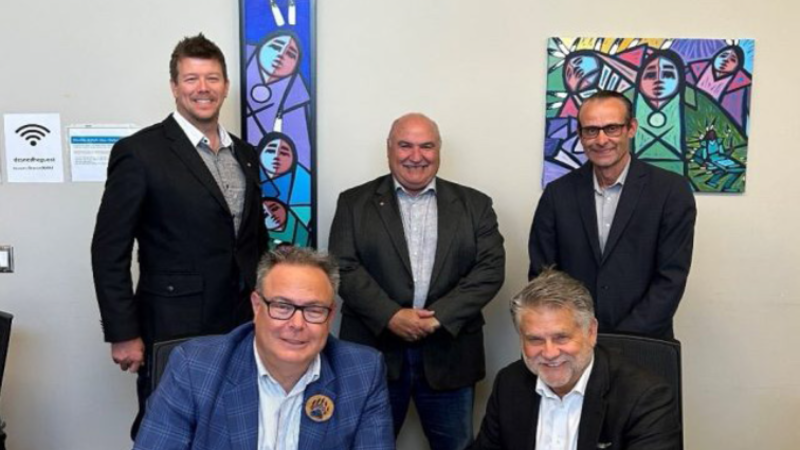
Sask. MP touts proposed law for resources companies
A proposed bill winding its way through Parliament is expected to help Canadian companies protect themselves from corruption when they operate overseas.
Labelled the Extractive Industries Transparency Measures Act, it would require mining, oil and gas companies to report payments made to foreign governments.
Saskatchewan MP and member of the House of Common’s Standing Committee on Natural Resources Brad Trost, said the proposed measure is a win for businesses, who will be able to use the law as a shield against attempts to solicit bribes or divert funds.
“(Companies) want this protection so it’s much more difficult to shake them down,” he said.


